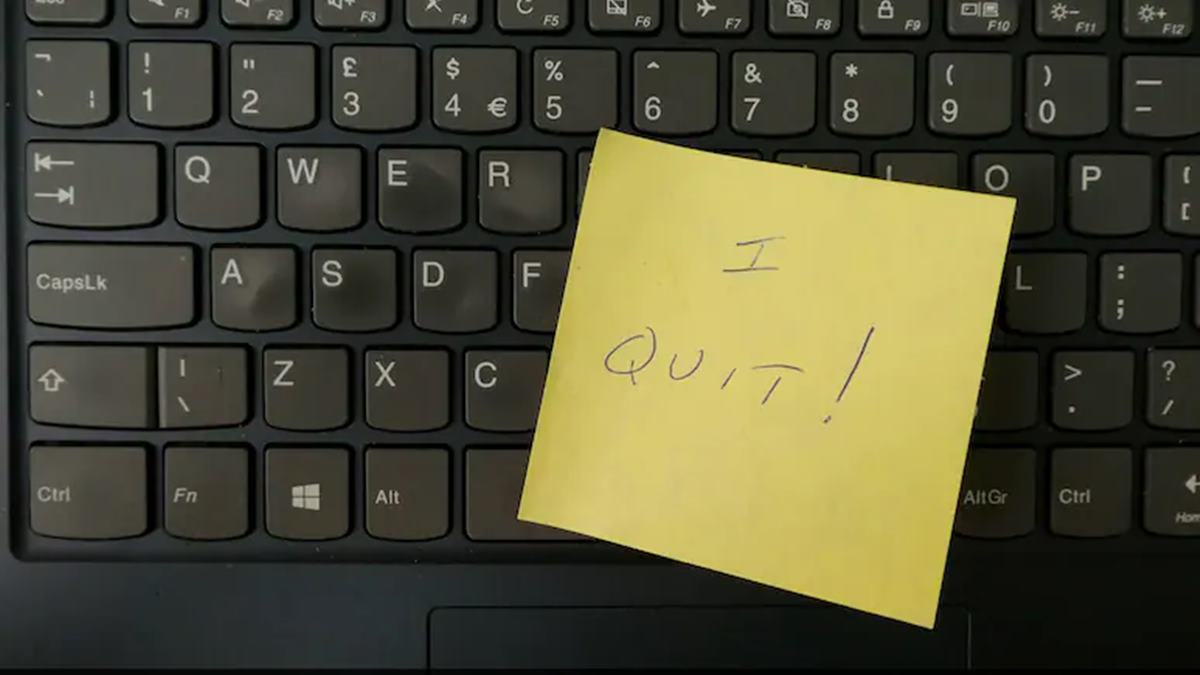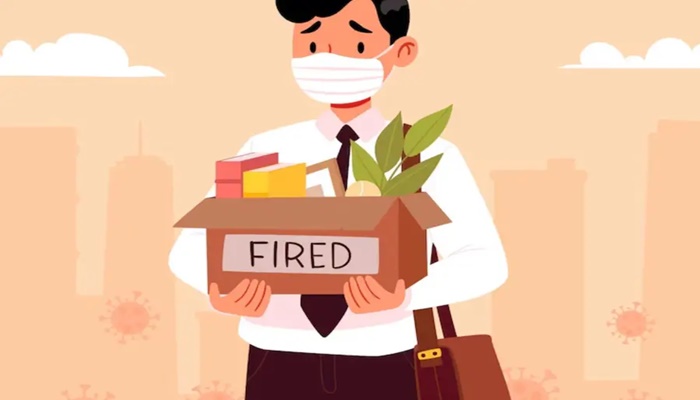As economic uncertainty affects industries across the globe, thousands of people in both public and private sectors—from technology and media to manufacturing and government—are grappling with sudden job losses, disrupted incomes, and the emotional toll of unemployment.
While such an experience can be deeply unsettling, financial and mental health experts stress that there are practical steps individuals can take to regain control and stability.
Step 1: Take time to emotionally process
Losing a job can trigger a mix of emotions: sadness, anger, anxiety, or even relief. Financial therapist Lindsay Bryan-Podvin says it’s important to allow yourself to sit with those feelings. “A layoff can feel so personal, but it’s not a reflection of your value,” she explains. Processing those emotions is the first step toward recovery and planning ahead.
Step 2: Review your financial situation
No matter where you live, it’s crucial to assess your current financial position. Career coach Marlo Lyons suggests reviewing your monthly expenses, cutting non-essential costs temporarily, and calculating how long your savings or severance (if provided) can sustain you. If your country offers unemployment benefits or social support, apply as early as possible to reduce financial stress.
Step 3: Budget with purpose
Budgeting becomes critical during a period of unemployment. Jesse Mecham, founder of the budgeting tool YNAB (You Need A Budget), advises assigning every unit of currency—whether dollar, euro, rupee, or yen—a job. This means knowing exactly what each amount is meant to cover. Bryan-Podvin adds that compassion is key: “Remind yourself that this is a temporary situation, not a permanent downgrade.”
Step 4: Avoid over-relying on credit
While using credit cards or loans may seem like a quick fix, experts caution against depending heavily on them. “If finding a new job takes longer than expected, debt can quickly become overwhelming,” Mecham warns. It’s better to scale down lifestyle expenses than risk long-term financial strain.
Step 5: Tap into community resources
From local food banks and utility aid programmes to government hardship funds, support exists in many countries to help individuals navigate job loss. Bryan-Podvin encourages people to explore community-specific support services—whether through municipal schemes, nonprofits, or global platforms like USA.gov or national employment portals in other countries.
Step 6: Reassess your career path and update your resume
A layoff can be an opportunity to reflect. Lyons suggests updating your resume to be “forward-looking,” focusing on what you can contribute to future roles rather than just listing past accomplishments. Consider taking short online courses or certifications, and rekindle professional connections through LinkedIn or relevant industry events.
Step 7: Structure your days
Unemployment often throws daily routines into disarray. Experts recommend maintaining a regular schedule—mealtimes, exercise, job search hours, and leisure breaks—to preserve mental well-being. “Routine helps restore a sense of control and direction,” Bryan-Podvin says.
Step 8: Lean on your support system
Emotional isolation can compound the stress of unemployment. Reach out to family, friends, or support groups—whether in person or online. Talking through your experience can not only help you process it but may also lead to unexpected job leads or guidance.
A layoff, while deeply challenging, doesn’t diminish your worth or potential. With the right mindset, careful financial planning, and emotional support, it’s possible to turn this temporary setback into an opportunity for growth and renewal—no matter where in the world you are.
Source – https://english.mathrubhumi.com/lifestyle/self-care-financial-tips-after-layoff-lost-job-sb4ck0s9




















